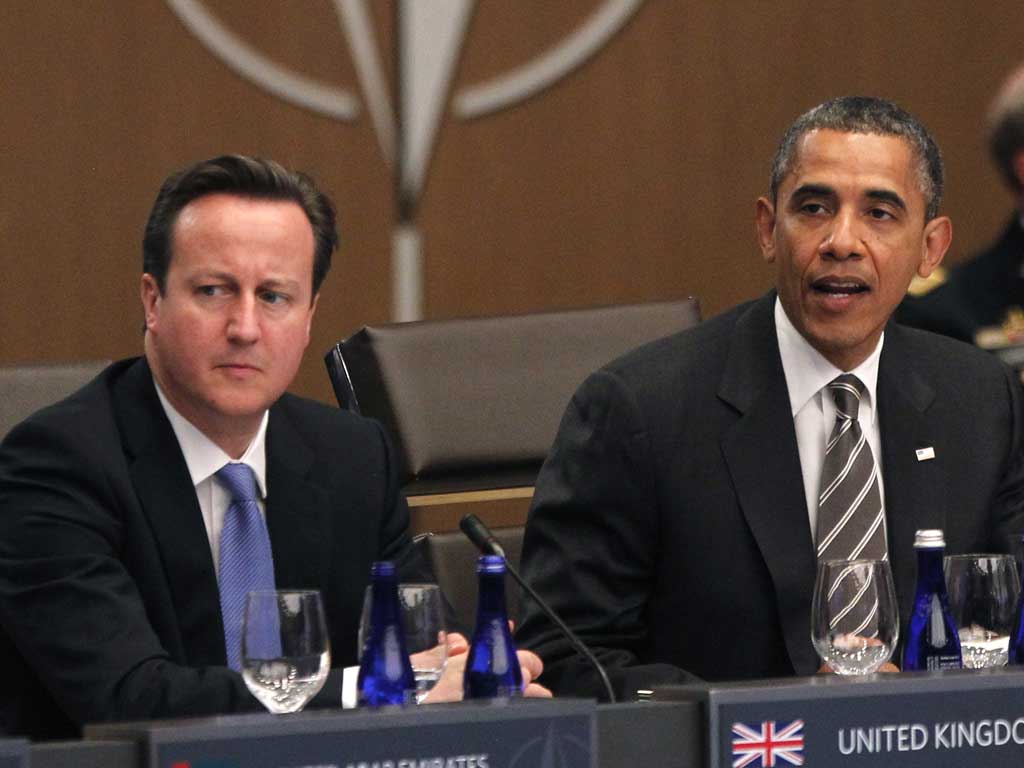Barack Obama: Confident Afghans can take security lead

President Barack Obama and Nato leaders expressed confidence in Afghanistan's ability to take the lead for its own security next year, as nations with a stake in the deeply unpopular war met today for talks aimed at paving the way for its end.
The alliance leaders, meeting in Obama's hometown, solidified plans for an "irreversible transition" in which Afghan security forces take control next summer with Nato sliding into a support role and ultimately withdrawing by the end of 2014.
Obama said the transition was "the next milestone" in Nato's plans for bringing the nearly 11-year long war to a close.
"This will be another step toward Afghans taking full lead for their security as agreed to by 2014 when the ISAF mission will end," Obama said as he opened a meeting of Nato leaders and partner countries who have participated in the war.
Nato Secretary-General Anders Fogh Rasmussen said Afghans were already leading security operations in half the country and were on pace to meet next year's targets.
"Transition means the people of Afghanistan increasingly see their own army and police in their towns and villages providing their security," Rasmussen said. "This is an important sign of progress towards our shared goal: an Afghanistan governed and secured by Afghans for Afghans."
Nato leaders were joined by representatives of other nations that have a stake in the war, including Afghan President Hamid Karzai and Pakistani President Asif Ali Zardari.
Zardari's presence has cast a shadow over the summit. The US and Pakistan remain at odds over Pakistan's closure of key routes used to send supplies to Nato troops in Afghanistan. Pakistan closed the supply lines in November following a US airstrike that killed two dozen Pakistani soldiers. While both sides have indicated the issue will be resolved, no deal is expected to be reached during the Nato meetings.
Obama thanked other nations in Central Asia and Russia for their role in providing "critical transit" for supplies, but pointedly made no mention of Pakistan.
As Nato leaders herald the Afghan war's end, they face the grim reality of two more years of fighting ahead and more of their troops sure to die in combat.
Some Nato countries, most recently France, have also sought to end their combat commitments early. The Taliban and its allies have warned that they are waiting to fill the void in Afghanistan after Nato leaves.
Obama, eager to show election-year leadership on the world stage, has sought to straddle the line on the war during the two-day Nato summit.
He held a long meeting yesterday with Karzai and said later, "the Afghan war as we understand it is over."
Many alliance leaders, Obama chief among them, have a political incentive for trumpeting that drawdown plan, given the growing public frustration with the nearly 11-year-old war.
AP
Join our commenting forum
Join thought-provoking conversations, follow other Independent readers and see their replies
Comments
Bookmark popover
Removed from bookmarks